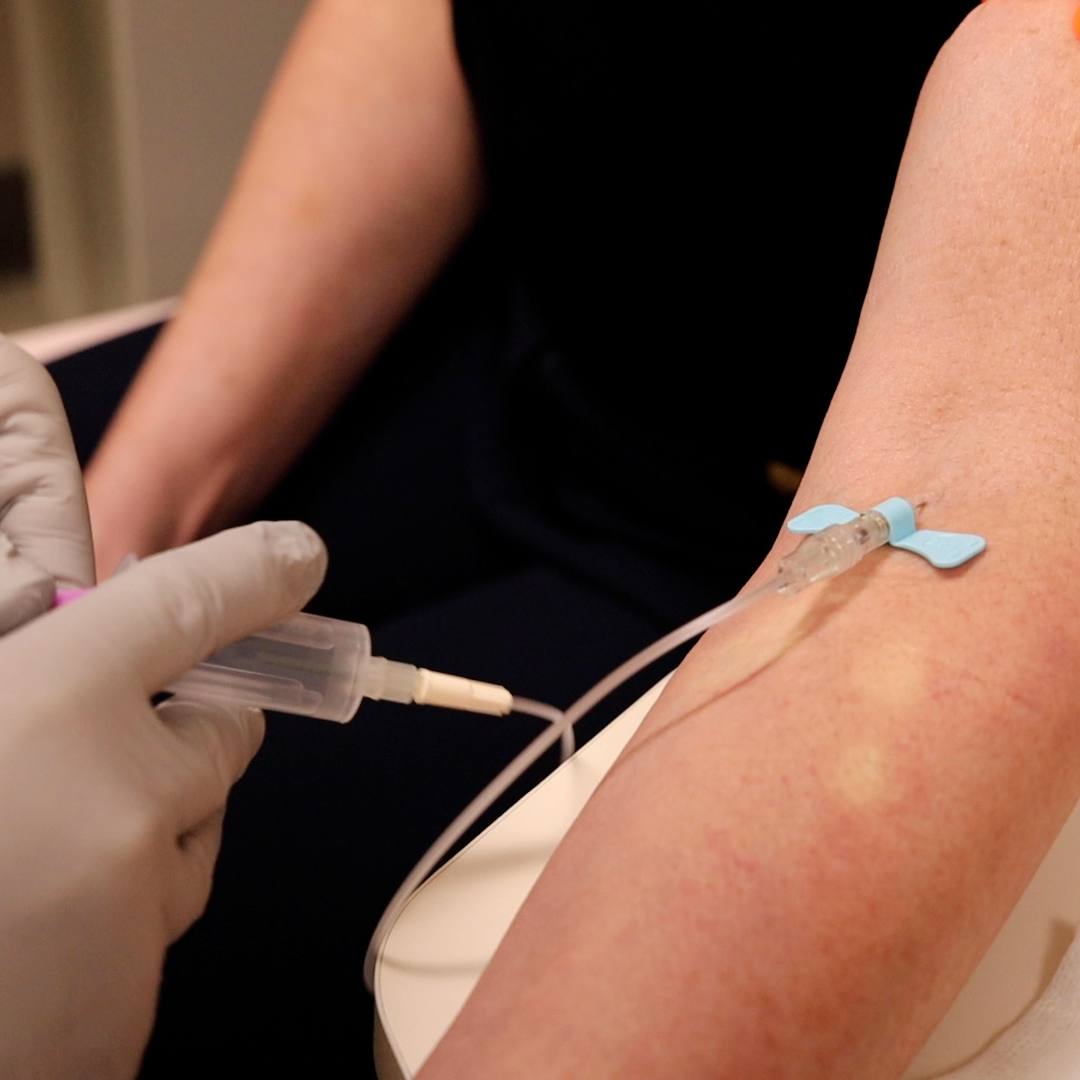-
Health & Wellness
Hip Replacement Can Be Reasonable Option Even for Older Adults
Hip Replacement Can Be Reasonable Option Even for Older Adults
March 30, 2012
Dear Mayo Clinic:
I am an 84-year-old woman with a bad hip. My doctor recommends a total hip replacement but that seems extreme for someone my age. I am very uncomfortable and a cortisone shot only helped for 10 days. What do you recommend for your older patients?
Answer:
If you don't have other health problems, age may not be a determining factor when deciding whether to have hip replacement surgery. When hip pain is persistent, limits mobility or makes it difficult to do normal daily activities, hip replacement can be a reasonable option, even for older adults. That said, hip replacement is usually used as a last resort for treating hip pain. There are a number of other treatment options and lifestyle changes you can try before hip replacement surgery.
A variety of conditions can damage the hip joint and lead to hip pain that lasts. In many older adults the source of the problem can be traced to conditions such as osteoarthritis and rheumatoid arthritis. A broken hip or other hip injury can also cause joint damage that results in long-term pain.
If arthritis is the underlying cause of your pain and you are carrying extra weight, weight loss can have a big impact. Being overweight increases the stress on weight-bearing joints like your hips. Even weight loss of 10 to 20 pounds can relieve pressure and reduce pain. If you need to lose weight, discuss it with your doctor before starting a weight-loss program. He or she can talk with you about healthy ways to shed extra pounds.
Regular exercise is also useful for decreasing hip pain for people with arthritis, as well as for those who have experienced a hip injury. Non-impact aerobic activities, such as swimming, biking and walking are all good choices. Daily exercise strengthens the muscles around your hip joint and helps reduce pain. Even if you do require hip replacement surgery, exercise may help with your recovery from surgery. Again, talk to your doctor to decide what activities are right for you and how often you should exercise.
Medications, such as over-the-counter or prescription nonsteroidal anti-inflammatory drugs (NSAIDs), can help reduce inflammation and relieve pain. And finally, joint injections with cortisone, as you mentioned, can also be used to manage joint pain in some patients.
If your pain continues to be severe after you try all these options, then hip replacement surgery may be appropriate. The surgery involves removing the hip joint and replacing it with an artificial joint that has a ball component made of metal and a socket that has a liner made of plastic. The implants used in hip replacement are made to resist corrosion and wear. The entire procedure usually takes about one to two hours, and the hospital stay after surgery typically lasts two to three days.
Recovery after surgery involves walking regularly, as well as performing some physical therapy exercises on your own. Many patients are mobile and largely pain-free about four to eight weeks after hip replacement surgery. Some discomfort may crop up occasionally during strenuous activity for up to a year after surgery. But, in time, most people who have this surgery receive complete relief from their hip pain.
Have a thorough discussion with your doctor about the pros and cons of hip replacement surgery. Ask about other treatments that may be helpful before opting for surgery. And, if surgery is the best choice, discuss your concerns regarding your age. There may be ways to make the surgery easier for you and resources available to help with recovery afterward.
— Rafael J. Sierra, M.D., Orthopedics, Mayo Clinic, Rochester, Minn.
Related Articles







